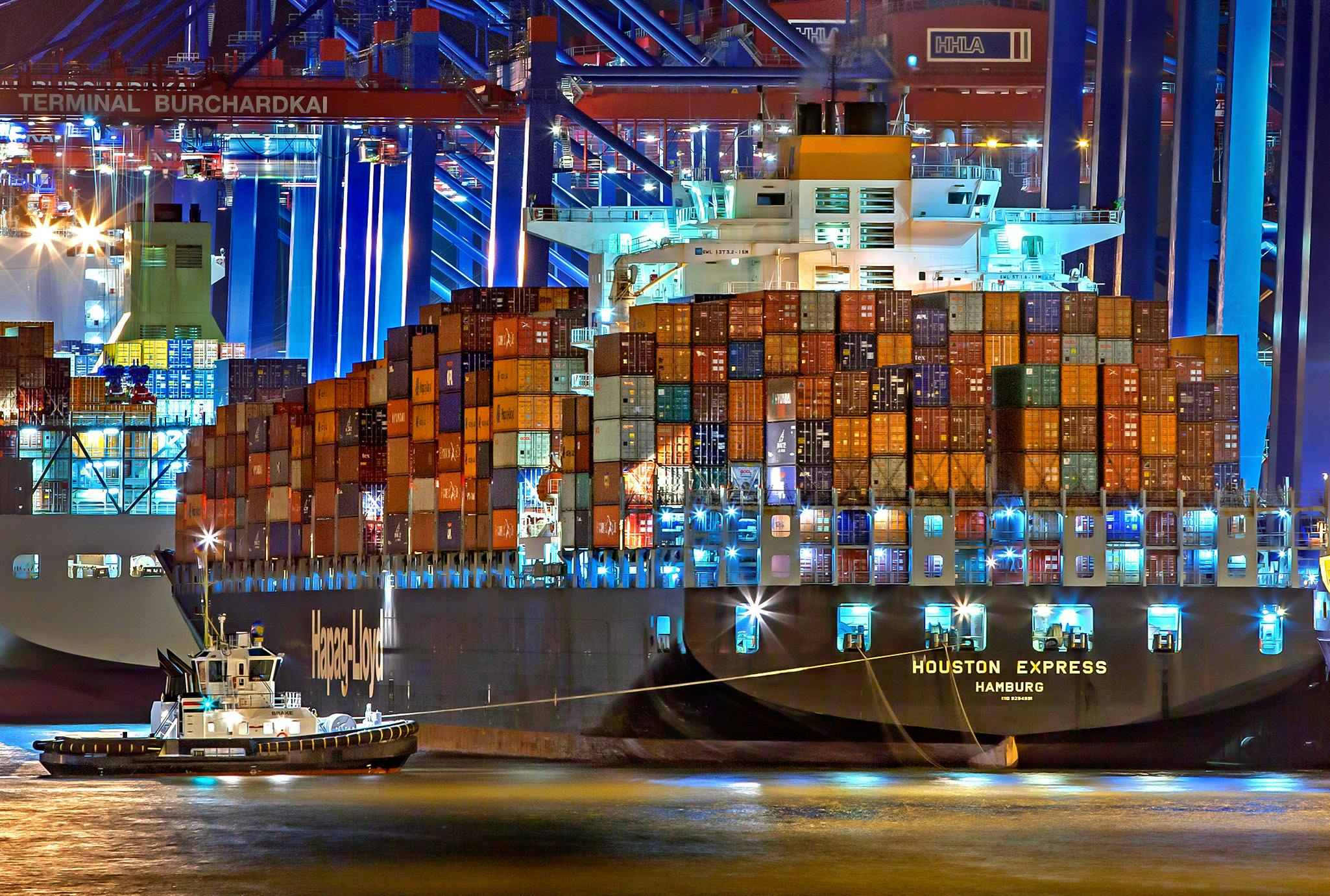Overview
Ship owning, or ship ownership, involves the possession and management of vessels for transporting goods and passengers by sea, playing a crucial role in global trade. This sector includes independent owners, shipping lines, and financial investors, who manage different types of ships such as bulk carriers, container ships, tankers, and passenger vessels. Ownership models vary from full ownership and joint ownership to different charter arrangements.
Ship owners are responsible for regulatory compliance, maintenance, crewing, and insurance, while managing significant financial considerations like capital expenditure and operating costs. The market dynamics are influenced by supply and demand, economic cycles, technological advances, and environmental regulations. Challenges include adapting to sustainability requirements, digitalization, geopolitical risks, and economic fluctuations. Despite these complexities, ship owning remains vital for the global economy, ensuring the efficient movement of goods and people worldwide.
